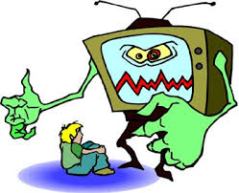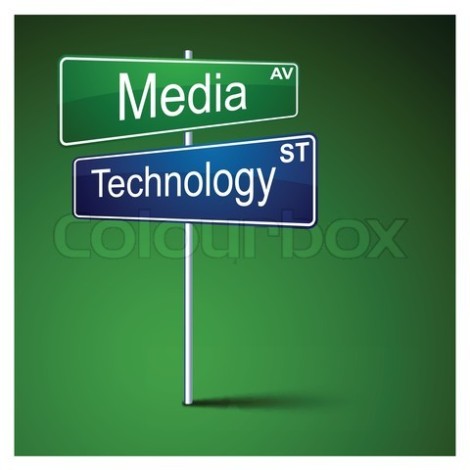There has been a long debate concerning the life of Jesus. Some people claim that Jesus never existed; some said that he was just a myth; some believed that Jesus is just fabricated by the church and that the Bible has been transcribed “so many times” that its essence has become corrupted.
Many in our generation today remain ignorant of the facts relating to the word of God and his second coming, unaware that it will occur.
The Crusaders ‘Chaos’ Volume 5 shows the reality that will happen at any point of time. The promise written in the Bible that God will return in His kingdom.
In then material provided, one image caught my attention. The illustration shows that the people are marked on their forehead with ‘666’ which was known and rumored to be the symbol of the devil.
According to the perspective in the book of Revelation, this was said to be as the symbol for the ‘beast’. The 666 is the number of the beast described in the passage of Revelation 13:15-18. Christians believed that the mark or number of the beast will be a financial identification system that the Anti-Christ will establish during the tribulation. Everyone who receives or have this mark will have to swear allegiance to the Anti-Christ and acknowledge the beast as the supreme authority. This is why those who have the mark will be placed in hell. Those who choose not to have the mark won’t be able to buy anything because cash, checks, and any form of money won’t be recognized. Everything will be replaced with the beast’s system’s instant funds. When you have this sign, you’ve already sold your soul to the devil.
In the comics material provided, there’s a statement saying that the beast would have the control over everything but it is not stated and specified on what form of control. It may have been a control using the technology because as we can see, nowadays, everything is controlled and is connected with technology.
We are under the command of technology, today, we are unable to have information as much as we want if we don’t have technology. We are too dependent on technology with everything in our lives. We can’t communicate and disseminate information if we don’t have technology.
In my own understanding, the ‘beast’ mentioned in the material that will have a control over us will be the technology. In the Psychoanalytical approach wherein individuals are unaware of the many factors that cause their behaviour and emotions. These unconscious behaviours have the chance to produce unhappiness. In connection with the comic material, if people in the future would have chosen to have the ‘mark of the beast’ in order to survive, it might have been because they wanted to survive. They wanted not to be left behind on the trend and that they wanted to ‘belong’ no matter what the cost will be.
In conclusion, God is no fool. He has spoken through prophets directly and indirectly through scribes. The message remains clear because the Lord has protected it through each and every action. Our Almighty Father has given us all the evidences we need to seek truth. “If we reject it without providing evidences, not only are we fools, but we are fools with no valid excuse. “
Jira Ela Margarette Pillado Lamis 2012 – 55842



